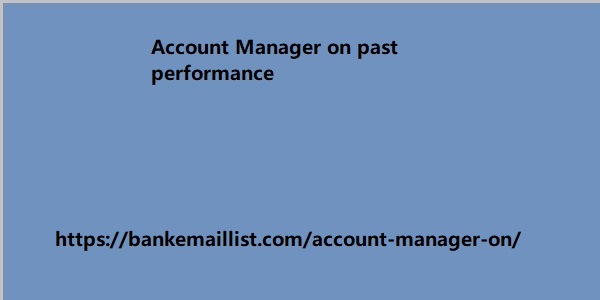The publishing industry thrives on strong relationships with libraries. Libraries offer a vital platform for authors to reach readers and for publishers to showcase their work. In today’s digital age, maintaining an up-to-date library contact database can be a game-changer for publishers looking to expand their reach and connect with librarians.
Understanding the Library Landscape
Libraries come in all shapes and sizes, from large academic institutions to smaller public libraries serving local communities. Each library has its own unique collection development needs and selection processes. A well-curated library contact database should categorize libraries by type (public, academic, school), size (based on collection or budget), and subject area (children’s literature, science fiction, romance, etc.). exclamation
Building Your Database
There are several ways to build a robust library contact database:
Professional Associations: Library associations often maintain directories of member libraries. These directories can be a valuable resource for initial data collection.
Library Websites: Many libraries have detailed websites listing contact information for acquisitions librarians and collection development staff.
Industry Publications: Trade publications and online resources often publish lists of libraries or library decision-makers.
Networking Events: Attending library conferences and workshops provides opportunities to meet librarians directly and gather contact information.
Beyond Contact Information
A good library contact database goes beyond just names and email addresses. Consider including additional details like:
Selection Process: Does the library have a specific The system could automatically provide committee responsible for acquisitions?
Collection Needs: What subject areas or formats (ebooks, audiobooks) is the library looking to expand?
Budget Information: (if publicly available) This can help tailor outreach efforts to libraries with resources for new acquisitions.
Librarian Expertise: Note any librarians with specific subject specialties relevant to your publications.
Data Management and Security
Maintaining an accurate and up-to-date database is crucial. Regularly update contact information and remove outdated entries. Implement data security measures to protect sensitive librarian information.
Leveraging Your Database
A well-maintained library contact database Ditch the Data Disarray: Unleash opens doors to a variety of outreach opportunities:
Targeted Mailings: Send press releases, review copies, and catalogs to relevant libraries.
E-newsletter Distribution: Create targeted e-newsletters highlighting publications relevant to specific libraries’ needs.
Librarian Engagement: Invite librarians to author events, webinars, or online communities.
Building Relationships, Not Just Lists
Remember, a library contact database is a tool for building relationships, not just collecting names. Here are some key points to remember:
Personalize your outreach: Don’t send generic emails. Highlight publications relevant to each library’s collection and interests.
Provide value: Offer librarians resources like author Q&A sessions or access to digital review copies.
Listen and learn: Engage with librarians and actively seek feedback on your publications and services.
By fostering strong relationships with librarians, publishers can gain valuable insights into reader preferences and library collection needs. This two-way communication ultimately benefits both parties, ensuring a vibrant and diverse library ecosystem.
Additional Considerations:
Data Privacy: Always adhere to data privacy regulations when collecting and using librarian contact information.
Permission-Based Marketing: Obtain permission before adding librarians to email lists or sending marketing materials.
Conclusion:
In today’s competitive publishing landscape, building strong relationships with libraries is essential. A well-curated library contact database can be a powerful tool for publishers to connect with librarians, expand their reach, and ensure their publications find a place on library shelves.






